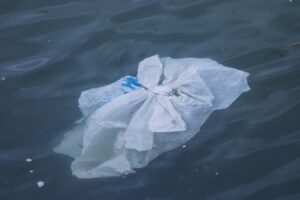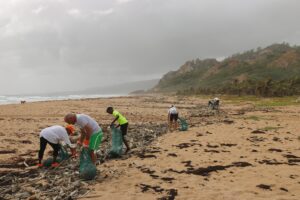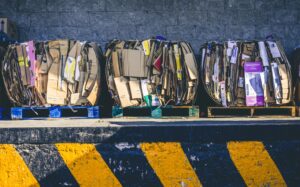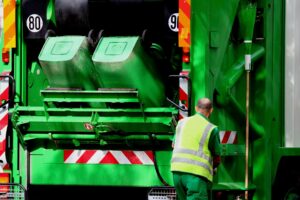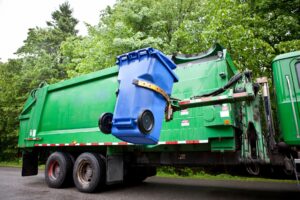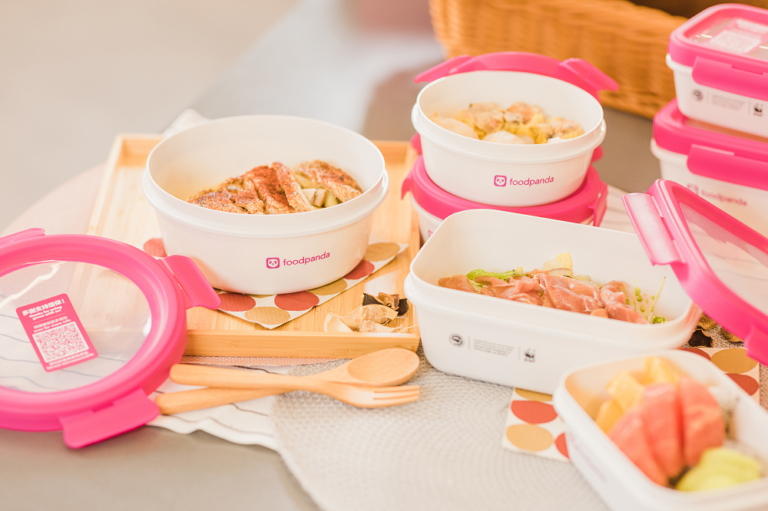The Problem
Uncollected waste refers to the garbage and refuse that remains untreated and accumulates in public spaces, residential areas, and natural habitats due to inadequate waste management systems. Unattended waste can become breeding grounds for disease-carrying pests and pathogens, posing significant health risks to nearby communities.
Furthermore, uncollected waste can contaminate soil and water sources, leading to environmental degradation and potentially affecting ecosystems and wildlife. In urban settings, uncollected waste may clog drainage systems, resulting in flooding during heavy rains. The lack of proper waste collection also perpetuates the cycle of improper disposal practices, as people resort to open dumping or burning waste, exacerbating air pollution and greenhouse gas emissions.
A staggering 90% of waste produced in low-income countries is openly dumped or burned, most of which come from rapidly growing cities.

